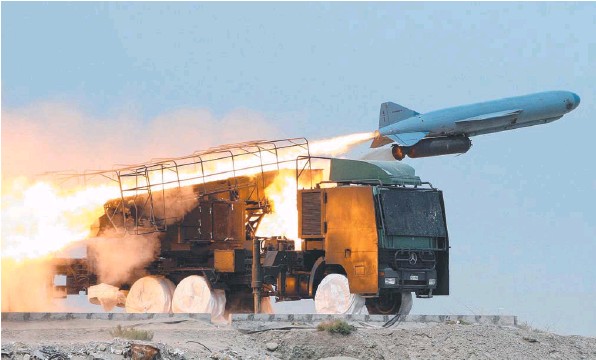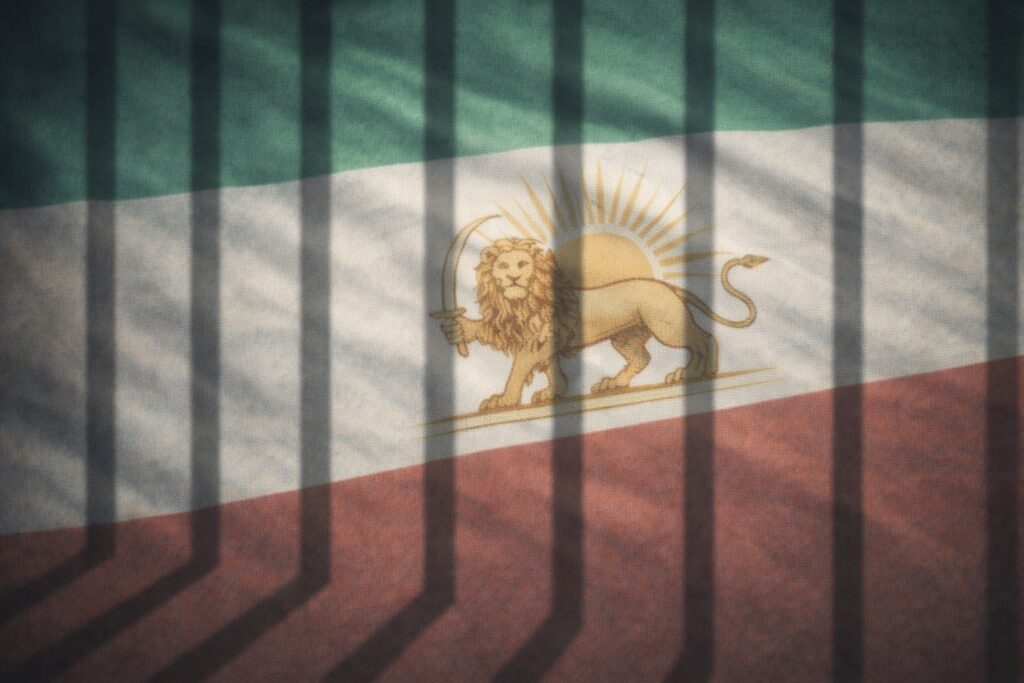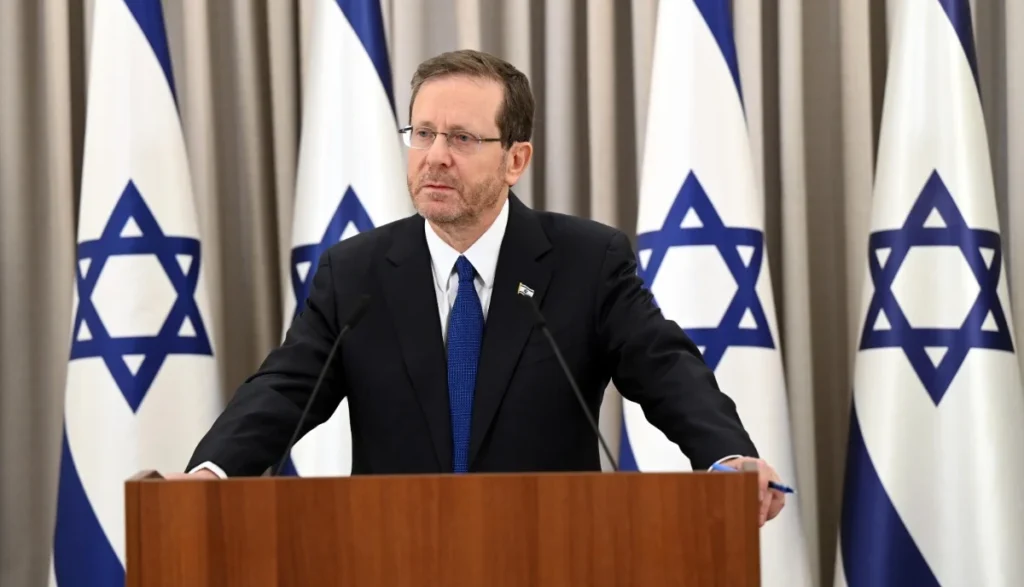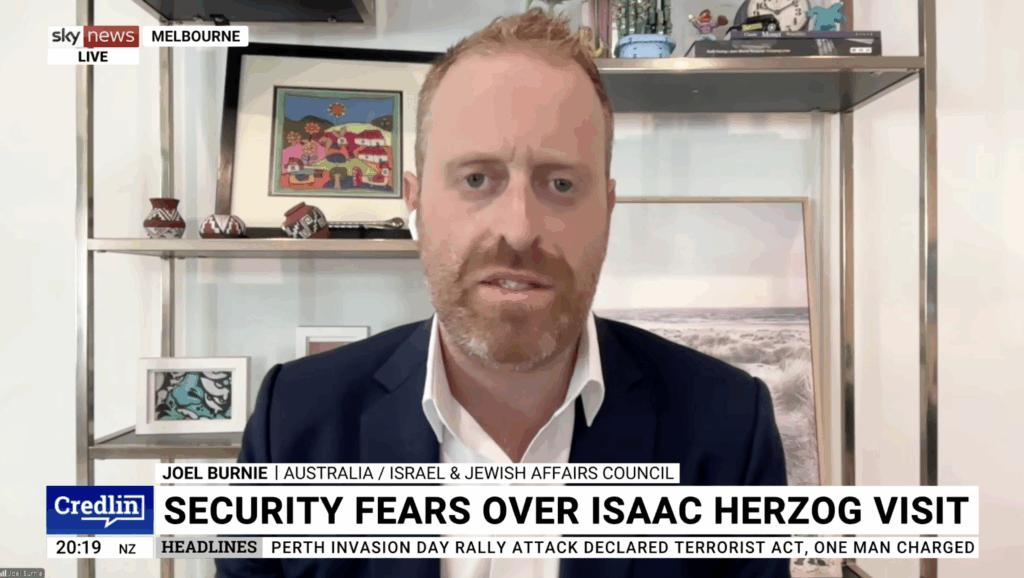IN THE MEDIA
Washington’s goal now appears to be to legitimise Iran as a nuclear threshold state in exchange for a few concessions
December 8, 2014 | Colin Rubenstein

Colin Rubenstein
An edited version of this article was published in
The Advertiser – 8 December 2014
Negotiations between the P5+1 and Iran over Iran’s nuclear program in Vienna have just missed another major deadline. November 24 was the date set for a final deal – after an extension in June – under the interim agreement signed late last year. Moreover, this latest extension, unlike the previous one, violates a key provision of the initial interim deal last November which set a one year limit on the talks.
US President Barack Obama – who is playing the lead role in setting policy for the P5+1 – is facing growing domestic pressure to stand by his repeated avowals that making “no deal is better than a bad deal”. Yet the extension risks violating another promise President Obama made – that negotiations with Iran would not be allowed to become “open-ended”.
The new deadline is supposed to be next June 2015. Meanwhile, while the interim deal designed to “freeze” Iran’s program at current levels will remain in place, the Iranians will nonetheless use the additional time to research and test new advanced centrifuges that they are constructing. This will vastly shorten the breakout time to a nuclear bomb if talks break down or they decide to go for a covert or open breakout.
Even if a deal is reached, it appears likely to be what Congressional critics and many regional actors – not only Israel, but most Arab states – would regard as a bad deal.
Reports from Washington indicate the Administration is no longer pushing Iran to dismantle its nuclear infrastructure or open its secret weapons development facilities to inspection. Rather, Washington’s goal now appears to be to legitimize Iran as a nuclear threshold state in exchange for a few concessions that would, in theory, somewhat extend the time it would take for Iran to assemble a bomb – provided Iran actually complies with the terms of the deal.
In practice, such a deal would likely be fatally flawed because of its reliance on Iran’s compliance. Iran, of course, has already violated various terms of the interim deal – such as its activation of its IR5 centrifuges – without penalty. In fact, the entire history of Iran’s nuclear program resembles a string of broken promises. A deal that would leave Iran holding all the pieces to the nuclear puzzle and rely solely upon untested compliance mechanisms to make sure they don’t use them would be a bad deal.
One of the excuses that has been trotted out for not forcing Iran to dismantle its nuclear infrastructure is that it wouldn’t change the fact that Iran has developed the know-how to build a bomb from scratch. But that argument can also be applied to chemical weapons (CW) – yet this didn’t stop the international community from forcing Syria’s Assad regime into surrendering its extensive CW stock and putting in place measures to stop Assad’s scientists from making more.
Following the leak of his recent letter to Iran’s Supreme Leader Ali Khamenei offering to partner on fighting the so-called Islamic State in exchange for nuclear compromise, it’s clear Obama’s priority is to avoid angering Iran in hopes it can be contained on the basis of purported mutual interests, especially in terms of confronting ISIS.
Congress has never subscribed to this exercise in wishful thinking, and – particularly after the Republican sweep of both houses this month – is preparing to flex its muscles in order to pressure Obama to reconsider this risky strategy.
At the top of this agenda will be the bipartisan bill sponsored by Chairman of the Senate Committee on Foreign Relations Robert Menendez (D-N.J.) and Mark Kirk (R-Ill.). As written, the Kirk-Menendez Bill would restore and greatly strengthen sanctions on Iran if a deal is not reached and implemented that would “dismantle Iran’s illicit nuclear infrastructure”.
While President Obama might veto the bill, under a Republican-led Senate, it could potentially garner enough Democratic support to override a veto.
However,it shouldn’t have to degenerate into such a showdown. Even at this late hour, the Obama Administration could get back on track for a good deal.
The truth is the US still has considerable sources of leverage: restoring existing sanctions; implementing new sanctions; and the credible threat of military action. Especially now, while an oil glut has developed in global energy markets, Iran would be particularly vulnerable to a strengthened embargo on its energy exports.
Making enemies into friends may sound like a clever idea, but when dealing with Iran – a perennial global sponsor of terror and an anti-Western regime at its ideological core – the likelihood of Teheran simply exploiting Western gullibility in order to complete its nuclear bomb project is unacceptably high.
Meanwhile, each extension serves Iranian interests by allowing them to both shorten their breakout time by researching advanced centrifuges and erode international commitment to push tough sanctions.
The most effective plan for stopping Iran’s illegal nuclear program is, not surprisingly, the one Iran fears the most: crippling sanctions in tandem with a credible military threat.
President Obama and the P5+1 most likely still hold the leverage to convince ,or if necessary force ,Iran to permanently abandon its nuclear weapons program and avert a potential catastrophe of historic proportions. However will they have the resolve, wisdom and tenacity to employ that leverage before it is too late?
Dr. Colin Rubenstein is Executive Director of the Australia/Israel & Jewish Affairs Council.
Tags: International Security, Iran





